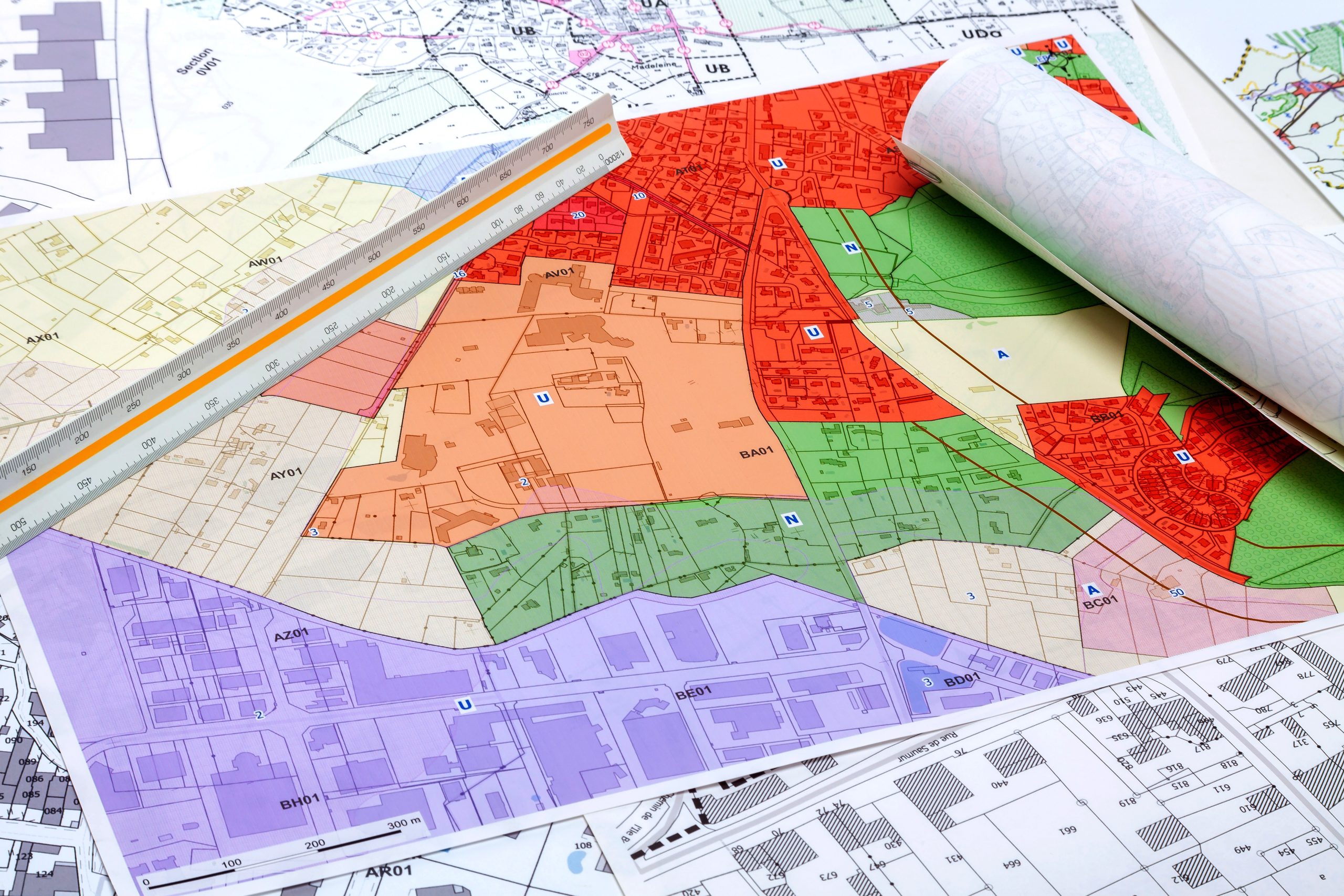Introduction:
Zoning and land use regulations play a critical role in shaping development projects in Chicago. For equitable developers, understanding these regulations is essential to creating projects that align with both community needs and city requirements. However, zoning laws can be complex, often requiring careful navigation and strategic planning. In this post, we’ll break down key zoning considerations, common challenges, and practical strategies for success.
1. Understanding Zoning Basics in Chicago
- What is Zoning?
- Zoning laws dictate how land can be used, regulating aspects like building height, density, and permitted uses.
- Chicago’s zoning code includes residential (R), business (B), commercial (C), and manufacturing (M) districts, among others.
- Why Zoning Matters for Equitable Development:
- Ensures developments align with community goals and infrastructure capacity.
- Impacts affordability, density, and accessibility of housing and commercial spaces.
- Determines what’s allowed by-right versus requiring zoning changes or variances.
2. Common Zoning Challenges for Equitable Developers
- Zoning Restrictions:
- Some sites may be zoned in ways that limit their development potential.
- Solution: Work with zoning attorneys or city planners to explore rezoning or variances.
- Community Pushback:
- Residents may oppose zoning changes due to concerns about density or affordability.
- Solution: Engage early with the community to build trust and demonstrate project benefits.
- Historic and Landmark Districts:
- Development in historic areas may require additional approvals and design considerations.
- Solution: Work with preservation agencies to ensure compliance while maintaining project viability.

3. Strategies for Navigating Zoning and Land Use Regulations
- Conduct Zoning Research Early:
- Before acquiring a property, confirm zoning classification and any restrictions.
- Use Chicago’s Zoning Map to assess development feasibility.
- Engage with the City and Community:
- Meet with the Chicago Department of Planning & Development (DPD) to understand zoning pathways.
- Attend local ward meetings and work with neighborhood groups to gain support.
- Utilize Zoning Change or Planned Development (PD) Applications:
- If the current zoning doesn’t fit your project, apply for a zoning change or Planned Development designation.
- Example: Upzoning a low-density residential site to allow for multifamily affordable housing.
- Partner with Zoning and Land Use Experts:
- Work with real estate attorneys, zoning consultants, and architects to navigate regulations efficiently.
4. Key Zoning Resources for Chicago Developers
- Chicago Zoning Ordinance & Land Use Map: Online tool to check zoning classifications.
- Zoning Board of Appeals (ZBA): Handles variances and special use permits.
- Department of Planning & Development (DPD): Offers guidance on rezoning and community engagement.
How I Can Help as Your Real Estate Agent
- Zoning Analysis: I’ll help you assess properties based on their zoning classifications and potential for redevelopment.
- City and Community Navigation: I’ll connect you with key city officials and community groups to facilitate approvals.
- Strategic Property Selection: I’ll identify properties that align with your development goals while minimizing zoning hurdles.
- Partnership Coordination: Whether you need zoning attorneys or architects, I’ll introduce you to experts who can streamline the process.
Conclusion:
Zoning and land use regulations can be a hurdle—or an opportunity—for equitable developers in Chicago. With the right knowledge and approach, you can navigate zoning complexities to bring impactful projects to life. Need help finding properties with zoning that supports your vision? Let’s connect and strategize your next move.


 Facebook
Facebook
 X
X
 Pinterest
Pinterest
 Copy Link
Copy Link